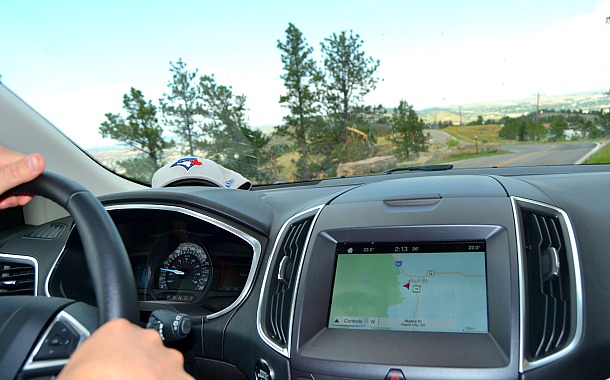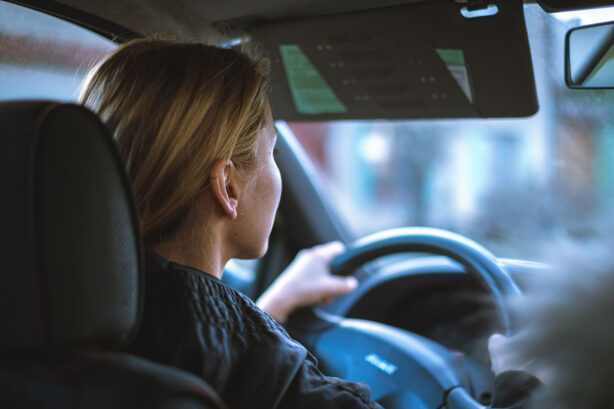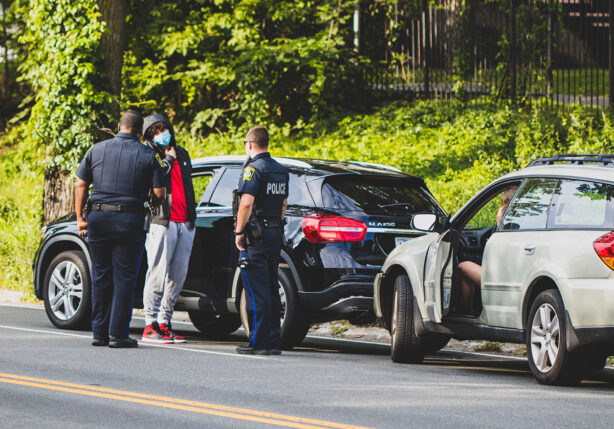Nobody wants to deal with a car accident, but they do happen. And what if it happens when someone else is driving your vehicle?
That experience can be significantly more stressful, and the situation can get a bit more complex.

These are some of the things you should know about accidents when the driver is behind the wheel of another person’s vehicle.
Car Insurance Usually Follows the Vehicle
In most cases, car insurance follows the vehicle rather than the driver.
That means if you let someone borrow your car, your own car insurance policy will apply to anything that might happen to the driver or your car in that period of time.
As an example, if you have collision insurance, it should cover damage to your car, and your liability insurance should cover injuries or damage caused by the driver of your vehicle.
The insurance policy of the driver won’t cover the damage of an accident if they’re in someone else’s car in most cases.
If someone borrows your car infrequently and is a licensed driver, again, your insurance will generally pay if they’re in an accident. If the person is a regular driver of your car, they should be listed on your policy.
If the person driving has their own insurance, it may end up being considered secondary insurance if your limits are met because the damage and bills from any injuries go beyond the amounts of your policy.
While this is the general rule, it’s not a certainty. There are car insurance policies that specifically exclude other drivers, including members of your household, unless you specifically list them on your policy.
These are known as step-down policies, and they’re very cheap.
If you have a standard policy from a reputable insurer, then you very likely don’t have a step-down policy.
If a friend or family member is driving your car and they’re in a wreck that’s the fault of someone else, then the at-fault other driver may be financially responsible.

Permissive Drivers
A permissive driver is someone you give permission to drive your car. Non-permissive use is when someone borrows your car without your permission.
Sometimes, with non-permissive use, the insurance of the person who borrowed the car will kick in. If they don’t have insurance, you might have to rely on your policy.
Even if your policy is enough to cover the full bill for any damage, your insurance company might try to get money from the insurance company of the person who was driving your car. This is known as subrogation.
If someone lives in your house, such as your spouse, unless they’re specifically excluded from your policy, they’re probably already listed on it.
Most insurance companies require that any driver in a household be listed on a policy. Anyone named on the policy gets the same coverage as you.
If someone you share a policy with causes an accident, your insurance company will likely provide coverage.
When Will Your Insurance Not Pay?
There are a few situations where an insurance company might refuse to pay if someone else was driving your car.
The first is non-permissive use. If someone borrows your car without your permission, they are liable for the damage they cause. You have to be able to prove they took your car without permission, though.
If the damage was caused by an excluded driver, then your insurer may not pay. Excluded drivers are usually inexperienced drivers in the household or drivers you see as high-risk.
If you give your car to someone who’s under the influence and they get into an accident, or you lend your car to someone without a driver’s license, it’s highly unlikely your insurance will pay, because you’re likely violating the terms of your policy.

What About Teen Drivers?
If you have a teen driver in your house with a license, you need to add them to your policy as soon as possible. It will ensure that if they’re driving in your car and get into an accident, they’ll be covered.
Usually, teens with permits are covered even if they’re not officially listed on a policy. If you let your teen drive without a license or permit, your insurance company may deny your claim.
If your teen steals your car and then gets into an accident, you can make a claim for damages on your own insurance, but you may have to file a police report against your child to do so.
Rate Increases
While you may have coverage if someone uses your car and wrecks it, your rates are probably going to increase as a result.
Your premiums are likely to go up, just like they would if you caused an accident.
Some people opt to add accident forgiveness to their policies, which can help prevent rates from soaring after an accident. It’s usually an add-on to traditional insurance plans.
If you don’t already have accident forgiveness and someone gets into an accident in your car, there are things you can do to lower your rates.
You can, for example, change your coverage limits or your deductibles, or you can bundle your home and car insurance.
If someone has been borrowing your car regularly and you didn’t tell your insurance company, you may see an even bigger jump in your insurance rates.
The insurer will adjust your rates to reflect the number of regular drivers, or they might even cancel your policy after they pay the claim.

Finally, another question people sometimes have is whether they can sue the owner of a vehicle if they’re injured while driving the vehicle.
If you drive someone’s car with permission and it’s not well-maintained, you might have a claim against the owner for damages. That’s something you’d have to speak with an attorney about, however.
Overall, the biggest takeaway is that if you have a fairly standard insurance policy and someone gets in an accident while borrowing your car, they and you should be covered, with a few exceptions.
